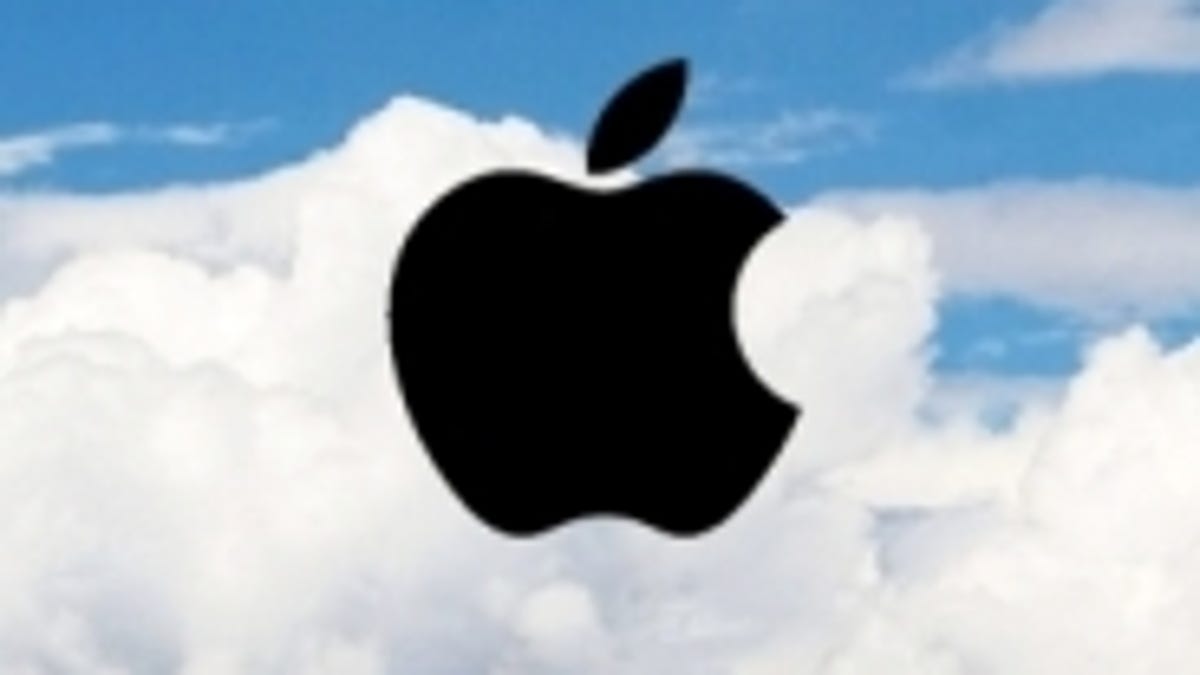Cloud music is still the future for Apple, Amazon -- really
Cloud music hasn't really caught on yet, but Apple and Amazon continue to bolster their services. The iPod proved that music drives hardware sales, and the big players can't afford to be without it.

Given recent headlines about cloud music, you might be forgiven for thinking that the feature is huge with consumers.
Word came Monday that Apple has finally caught up to Google and Amazon and begun to stream songs from the company's cloud. The following day, CNET broke news that Amazon is very close to reaching agreements with the top four record companies that would let it run a licensed cloud music service. Music industry sources also told CNET that Google and the labels continue to discuss cloud licenses.
Interesting news. Now here's the reality: Consumer adoption of cloud music has been lackluster, multiple music industry insiders tell me. The cloud has not yet led to a spike in interest or music sales, the sources told CNET. Data from The NPD Group supports that conclusion, said Russ Crupnick, the research's company's senior vice president and industry analyst.
"Despite the hullabaloo about cloud music, it hasn't gotten traction yet," Crupnick said, "I looked at our latest numbers and unreleased data, and only about 6 percent of the Internet population has even used something like [cloud music]."
That data suggests that music listeners are happy with the options they have now. Crupnick suspects that few people own enough music to max out their local storage, which would fuel the desire to store film and music libraries remotely. Representatives from Apple and Amazon did not respond to interview requests and Google declined to comment.
So why are the big music stores bothering to upgrade their music clouds?
One reason may be the iPod. Apple and the company's iconic digital music player proved music is a powerful driver of hardware sales. People want to listen to their jams on their mobile devices. Apple didn't care if the company's margins on song sales were thin. All the money was in selling iPods. Music has been a vital part of digital devices ever since. Keep in mind that in addition to being the Web's top retailer, Amazon is now very much a hardware maker.
The "cloud," of course, is the term used to describe where digital stuff "lives" when consumers store their files on a third party's servers rather than on their own PC or mobile device. While this type of data storage is old to techies, it is still relatively new to mainstream America. Heck, among the big three music stores, the cloud feature is barely a year old.
Amazon was first to launch cloud music with the initially unlicensed Cloud Drive and Cloud Player. Google later offered its own an unlicensed cloud-music service. Apple's system was the first to debut fully licensed.
The benefits of a licensed service didn't appear to be that compelling -- at least at first. The one thing Apple could offer that Google and Amazon couldn't was a feature called "scan and match." Apple could scan a user's hard drive and fill their digital lockers with songs from the iTunes library -- eliminating the need for users to upload their songs directly to the company's servers. That also prevented Apple from having to store a billion copies of "When the Levee Breaks."
Delivering a single copy of a song to millions of users without a license is a copyright violation, according to the record companies.
Apple offers free cloud storage for songs purchased from iTunes but charges $25 a year to upload songs purchased from other stores, acquired from friends or from illegal peer-to-peer sites. One insider said Apple got a great deal from the labels with Match. The company can give pirated music clemency for about $2 a month.
Maybe. While Apple has ballyhooed the growth of iCloud (the service has acquired 125 million users in the first six months since launch), the company has been silent about how many people are paying for Match.
Obviously, Amazon feels the need to match iCloud's Match. According to music sources, Amazon will charge for at least part of its version of Match.
At this point, it looks like an arms race. Apple has Match so Amazon has to offer it. Whether consumers will eventually care one way or the other is anybody's guess.

